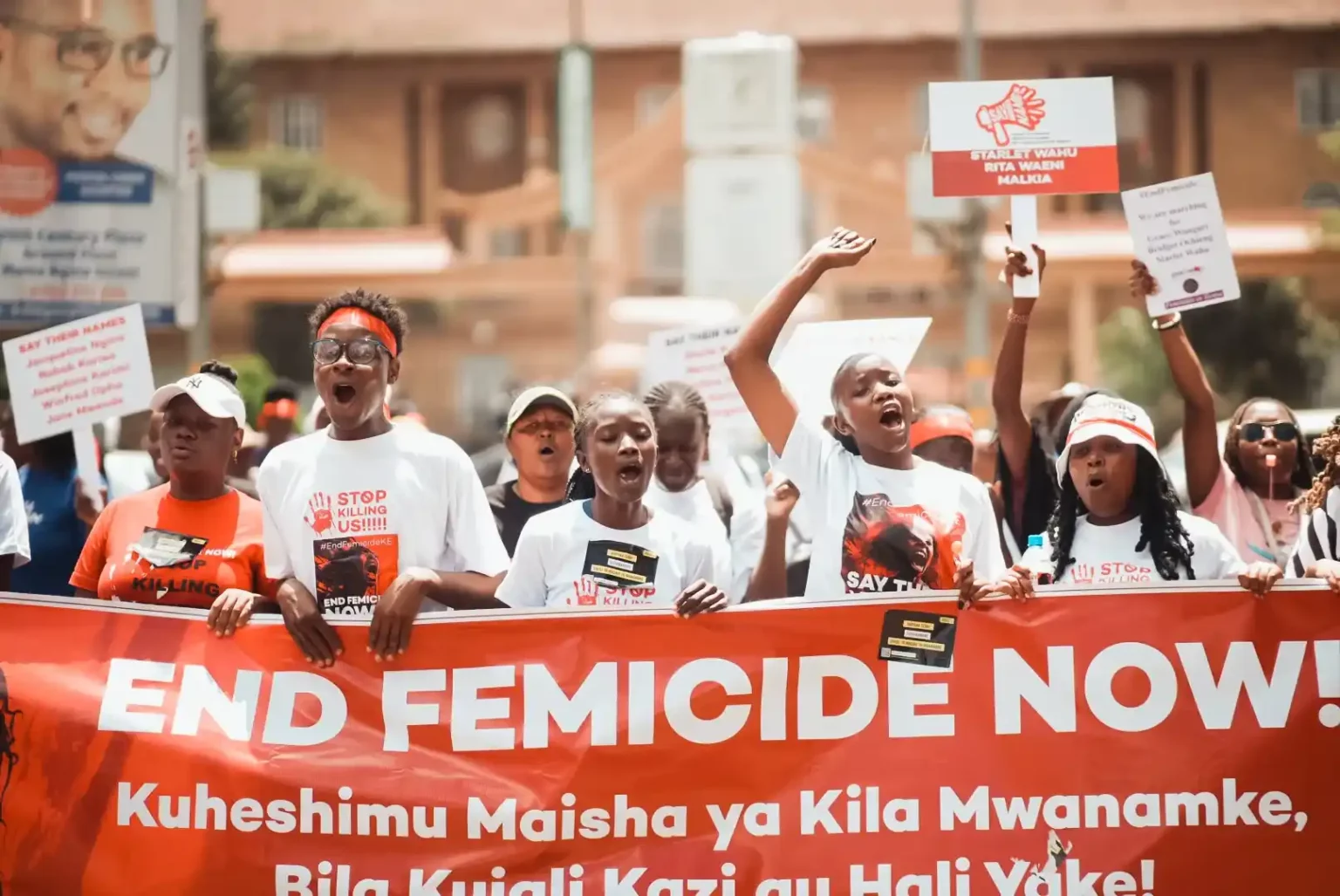The number of women and girls killed by intimate partners or family members has increased in 2023.
A United Nations femicide report revealed that 51,100 women and girls lost their lives at the hands of their partners or close relatives in 2023, compared to 48,800 in 2022. This equates to 140 women and girls killed daily, or one every 10 minutes.
Africa: A Hotspot for Femicide
As the world observes the 16 Days of Activism against Gender-Based Violence, Africa has emerged as a region with the highest rate of femicide, with 2.9 victims per 100,000 population in 2023.
This alarming figure is compounded by a significant lack of reliable data on femicide cases in many African countries.
A Global Gendered Violence Problem
While men constitute the majority of homicide victims, women and girls face a disproportionate risk of lethal violence within intimate relationships.
The UN report highlights that 60.2% of female homicide victims are killed by intimate partners or family members, compared to 11.8% of male victims.
Data Gaps Hinder Progress
The scarcity of accurate and comprehensive data on femicide poses a significant challenge to addressing this issue.
While academic research and civil society organizations often fill these gaps, the lack of official data hinders effective policymaking and intervention strategies.
Subsequently, online gender-based violence (OGBV) is a significant and growing concern worldwide. While much of the focus on OGBV has centred on high-profile individuals like politicians, journalists, and human rights defenders, ordinary internet users are also increasingly vulnerable to this form of abuse.
To address this issue and better understand the prevalence of OGBV in Africa, KICTANet launched an OGBV tracker. This tool will document incidents of OGBV across the continent, providing valuable data to inform advocacy efforts and policy development at national and regional levels.
“We see new pervasive forms of violence emerging though technology and new media. Our data points to the scale of the problem, with studies showing that the prevalence of violence against women in digital contexts ranges from 16 to 58 per cent, with younger women especially affected—most report their first such experience between 14 and 16 years of age,” says UN Women Executive Director Sima Bahous during her remarks at the high-level meeting to mark the 25th anniversary of the International Day for the Elimination of Violence against Women, UN Headquarters.
Kenya: A Nation Grappling with Femicide
Kenya has recently witnessed a surge in femicide cases, sparking widespread public concern.
To address this crisis, the government has pledged to support initiatives aimed at ending gender-based violence. President William Ruto has allocated Ksh100 million towards the establishment of Safe Homes and a Safe Space Campaign to combat femicide.
16 Days of Activism: A Call to Action
The 16 Days of Activism campaign, which runs from November 25th to December 10th, aims to raise awareness about gender-based violence and mobilize action to end this pervasive human rights violation.




